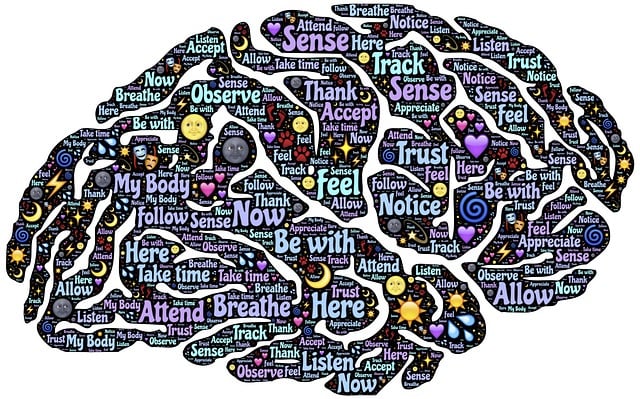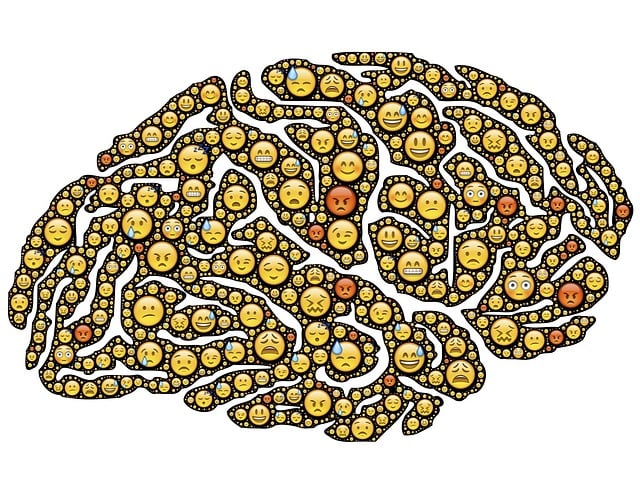Substance abuse, driven by underlying mental health issues and trauma, requires holistic treatment. Arvada Grief Counseling Therapy offers an effective approach by addressing root causes, improving coping mechanisms, and reducing relapse risks. This integrated therapy, combining communication, conflict resolution, and social skills training, builds resilience and empowers individuals to navigate social environments without relying on substances. Additionally, mindfulness meditation, self-care routines, community support networks, and burnout prevention for healthcare providers are crucial strategies in preventing substance abuse and promoting recovery.
Substance abuse poses significant risks, impacting individuals, families, and communities. This article delves into comprehensive risk reduction strategies aimed at mitigating the harmful effects of substance misuse. We explore critical aspects such as understanding the roots of addiction, the role of professional therapy, like Arvada Grief Counseling, and building supportive networks. By employing evidence-based practices and fostering community engagement, we can effectively prevent and reduce substance abuse, leading to healthier lives.
- Understanding Substance Abuse and Its Impact
- The Role of Arvada Grief Counseling Therapy
- Strategies for Effective Risk Reduction
- Building a Supportive Community Network
Understanding Substance Abuse and Its Impact

Substance abuse is a complex issue that goes beyond mere willpower or moral weakness. It’s a chronic disease characterized by compulsive behavior, loss of control over substance use, and continued use despite harmful consequences. This behavior often stems from underlying factors such as mental health issues, trauma, stress, or environmental influences, making it crucial to address these root causes for effective risk reduction. In Arvada, grief counseling therapy has proven to be a powerful tool in understanding and managing the disease.
The impact of substance abuse extends far beyond the individual, affecting families, communities, and society as a whole. It can lead to severe physical health issues, mental disorders, legal problems, financial strain, and strained relationships. Recognizing these effects is essential, especially when considering strategies for risk reduction. Communication strategies, conflict resolution techniques, and social skills training are all vital components of holistic treatment plans, helping individuals build resilience, improve coping mechanisms, and navigate social environments without resorting to substance abuse as a crutch.
The Role of Arvada Grief Counseling Therapy

Arvada Grief Counseling Therapy plays a vital role in mitigating risks associated with substance abuse by addressing underlying emotional and psychological factors. Many individuals struggling with addiction have experienced trauma or loss, leading to unresolved grief and mental illness. This specialized therapy offers a safe space for clients to process these complex emotions, fostering resilience building and trauma support services.
By integrating evidence-based practices tailored to individual needs, Arvada Grief Counseling Therapy aids in breaking down the barriers between emotional pain and substance abuse. Through its comprehensive approach, it not only targets the symptoms but also focuses on stigma reduction efforts, promoting a healthier mental well-being. This holistic strategy empowers clients to develop effective coping mechanisms, enhancing their overall resilience and reducing the likelihood of relapse.
Strategies for Effective Risk Reduction

Substance abuse prevention starts with a multi-faceted approach that addresses both individual and community levels. One powerful tool in this arsenal is Arvada Grief Counseling Therapy, which helps individuals process emotions and cope with traumatic experiences, often underlying causes of substance misuse. By providing a safe space for expression and healing, therapy can significantly reduce the risk of turning to substances as a coping mechanism.
Complementing these therapeutic methods are practices such as Mindfulness Meditation and Self-Care Routine Development for Better Mental Health. Engaging in mindfulness meditation has been shown to decrease stress levels and improve emotional regulation, making it an effective strategy to prevent substance abuse. Similarly, promoting mental health education programs designed to teach individuals about healthy coping mechanisms and building resilient self-care routines can empower them to make informed decisions and mitigate risks associated with substance misuse.
Building a Supportive Community Network

Building a supportive community network is an effective risk reduction strategy for substance abuse. This involves connecting with peers, family, and professionals who can offer guidance, support, and encouragement. In Arvada, Grief Counseling Therapy services are readily available, providing individuals struggling with substance abuse an opportunity to process grief and trauma, which often underlie addictive behaviors. By fostering strong social connections, individuals in recovery gain a sense of belonging and purpose, reducing the likelihood of relapse.
Community networks also offer platforms for sharing experiences, coping strategies, and emotional well-being promotion techniques. This peer support can be particularly powerful, as it normalizes recovery and reduces feelings of isolation. Additionally, healthcare providers can benefit from burnout prevention strategies, incorporating stress reduction methods into their practices to better serve clients without compromising their own emotional health.
Substance abuse poses significant risks, but with the right strategies, these can be mitigated. Understanding the issue and its impact is crucial, as is recognizing the value of Arvada Grief Counseling Therapy in addressing underlying causes. Effective risk reduction involves a combination of personal strategies, such as setting goals and avoiding triggers, and building a supportive community network for ongoing encouragement. By integrating these approaches, individuals can embark on a path towards recovery and forge a brighter future free from substance abuse’s grasp.











